Analysis shows 99.95% similarity to a Chinese strain and 99.92% similarity to a Vietnamese strain.
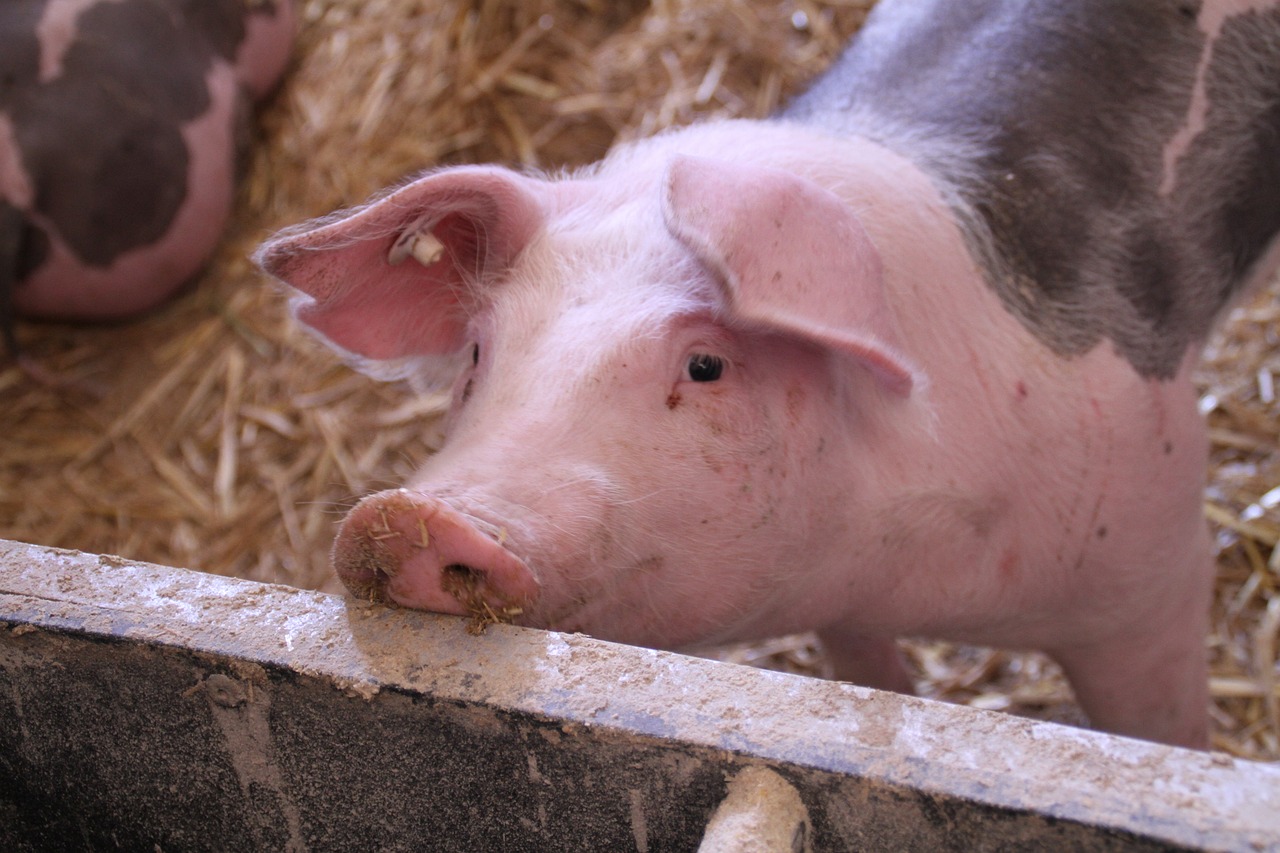
Taiwan’s first confirmed case of African swine fever (ASF) case is genetically close to strains from China and Vietnam. However, its exact origin remains unclear.
On October 25, the Ministry of Agriculture (MOA) confirmed the outbreak at a pig farm in Taichung. Genetic analysis showed 99.95% similarity to a Chinese strain and 99.92% similarity to a Vietnamese strain.
To aid global monitoring, the ministry will submit the gene sequencing data to the World Organization for Animal Health (WOAH). Du Li-hwa, Director General of the Animal and Plant Health Inspection Agency (APHIA), said that while sharing the data is voluntary, it offers valuable insight into circulating strains.
Genetic clues and unresolved origins
Deng Ming-chung, Director General of the Veterinary Research Institute, explained that gene sequencing reveals only the virus’ genetic arrangement, which can evolve over time. Taiwan’s strain is over 99.5% similar to a recombinant strain from China, differing at just five positions out of 10,000.
Determining its exact origin depends on matching these differences with existing databases. Without a match, authorities can only estimate its likely source.
Containment measures and farm inspections
Enhanced biosecurity measures remain in effect. Inspections of more than 5200 farms have returned negative results, and second-round testing of 22 farms found no new infections.
However, on October 31, the Central Emergency Operation Center reported positive samples from three areas of the original Taichung pig farm where the ASF case was first detected. Military personnel assisted with cleaning, and the veterinary institute will conduct resampling after disinfection.
Authorities said there are no signs that ASF has spread beyond Taichung. Taiwan aims to return to zero cases and, after three months without new infections, regain ASF-free status.
Impacts and recovery timeline
Agriculture Minister Chen Junne-jih, who leads the Central Emergency Operation Center, stated that Taiwan will notify the WOAH and inform trade partners. Taiwan has suspended animal quarantine certificates for exports of live pigs, pig semen, and fresh pork products.
Ms Li-hwa added that if the outbreak is contained, Taiwan will submit a new self-declaration to regain ASF-free status.
Nationwide ban and supply management
To contain the virus, Taiwan has banned the transport and slaughter of pigs nationwide. The Ministry of Environment also banned the feeding and transport of kitchen waste to pig farms for at least 15 days. Such measures take into account the virus’s incubation period.
During this period, authorities will help farmers dispose of waste at designated facilities and offer fuel subsidies of USD 16.20-37.94 per trip, depending on herd size.
To prevent pork shortages, the MOA asked the Taiwan Frozen Food Processors Association to release existing stock to supermarkets and wholesale stores before the control measures are lifted. Taiwan’s 60,000-ton pork reserve can meet daily consumption of about 2300 tons for about a month.
Subscribe now to the technical pig magazine
AUTHORS
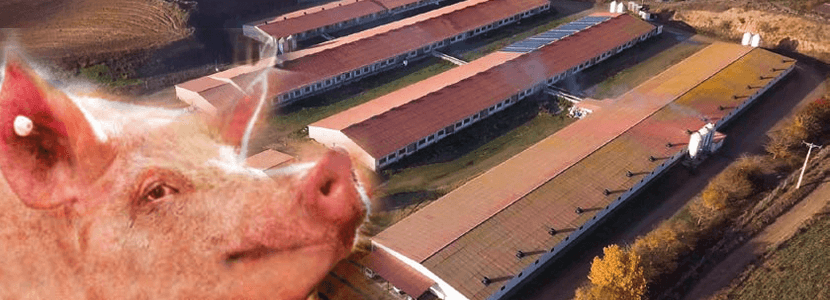
Bifet Gracia Farm & Nedap – Automated feeding in swine nurseries

The importance of Water on pig farms
Fernando Laguna Arán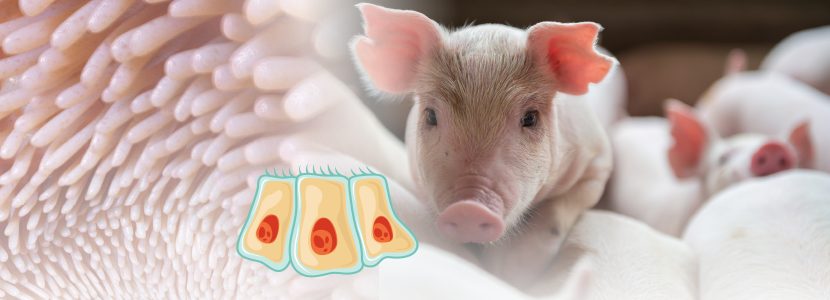
Microbiota & Intestinal Barrier Integrity – Keys to Piglet Health
Alberto Morillo Alujas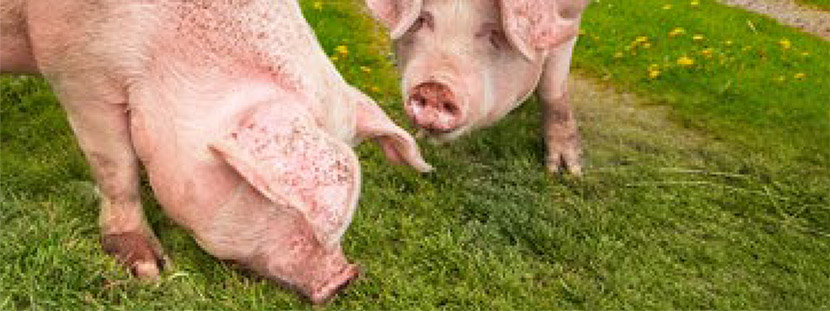
Impact of Reducing Antibiotic use, the Dutch experience
Ron Bergevoet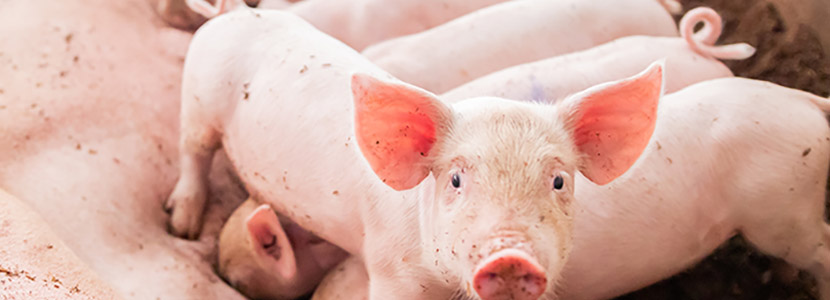
The keys to successful Lactation in hyperprolific sows
Mercedes Sebastián Lafuente
Addressing the challenge of Management in Transition
Víctor Fernández Segundo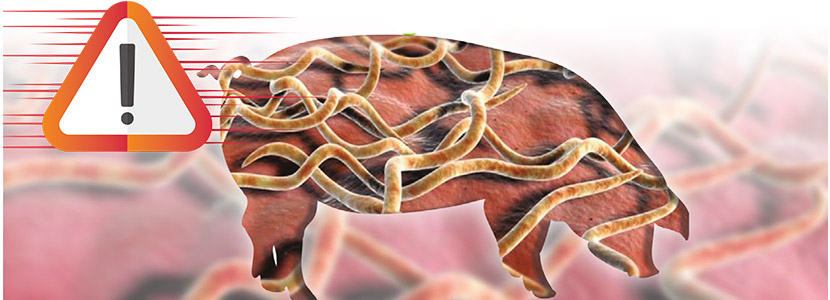
Dealing with the rise of Swine Dysentery
Roberto M. C. Guedes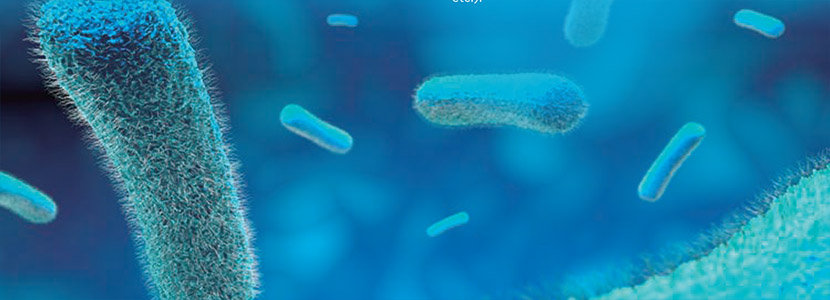
Actinobacillus pleuropneumoniae – What are we dealing with?
Marcelo Gottschalk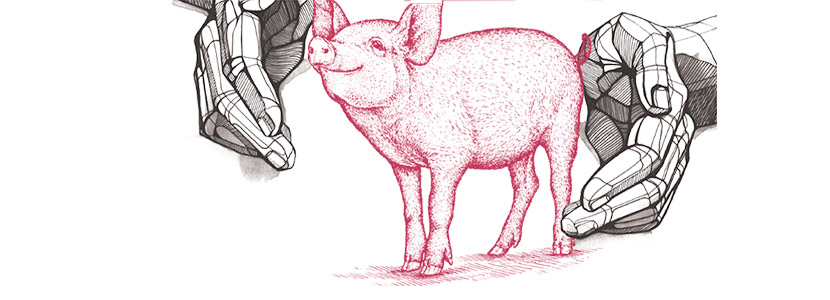
The new era of Animal Welfare in Pig Production – Are we ready?
Antonio Velarde
Gut health in piglets – What can we do to measure and improve it?
Alberto Morillo Alujas
Interview with Cristina Massot – Animal Health in Europe after April 2021
Cristina Massot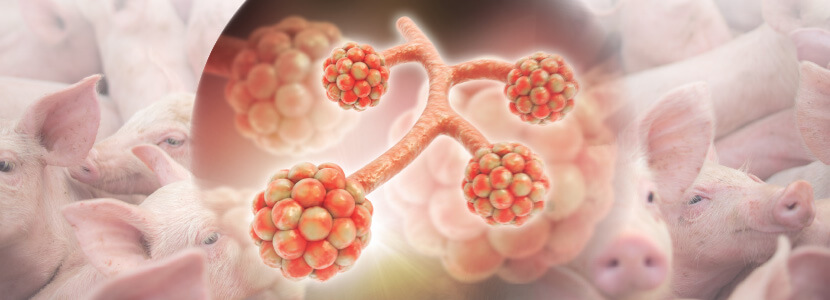
Differential diagnosis of respiratory processes in pigs
Desirée Martín Jurado Gema Chacón Pérez